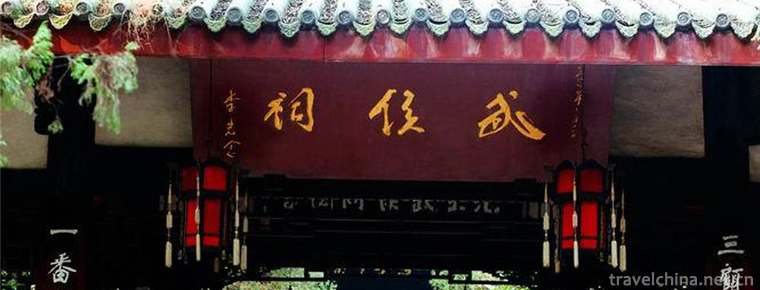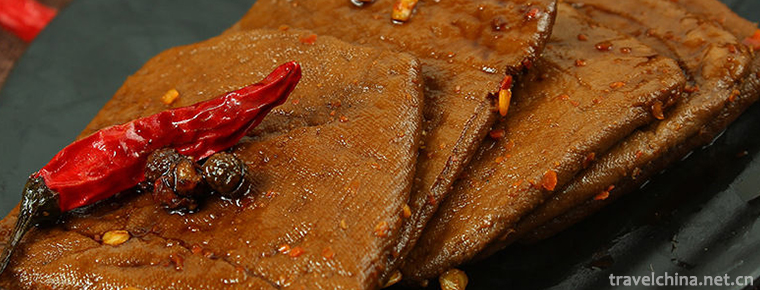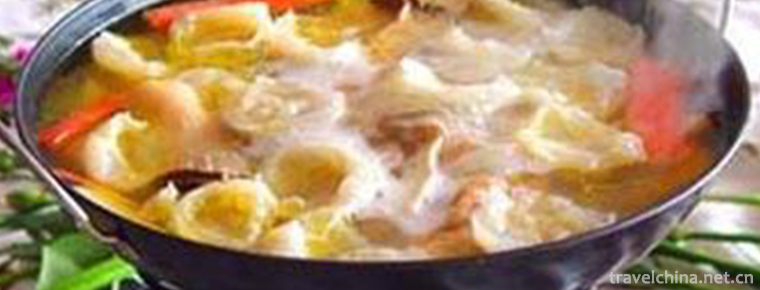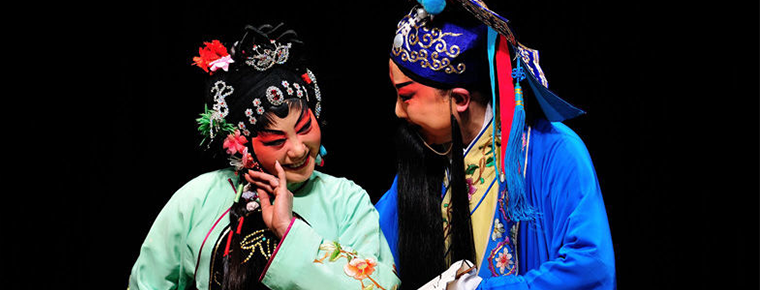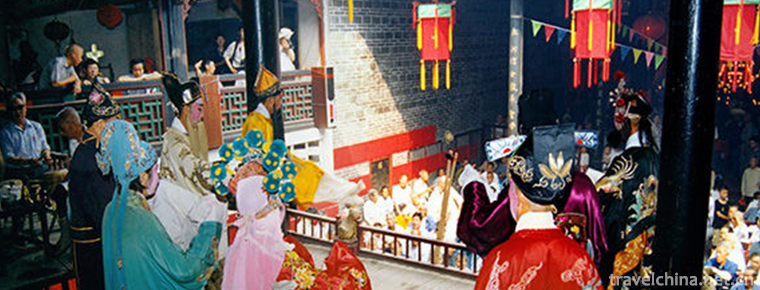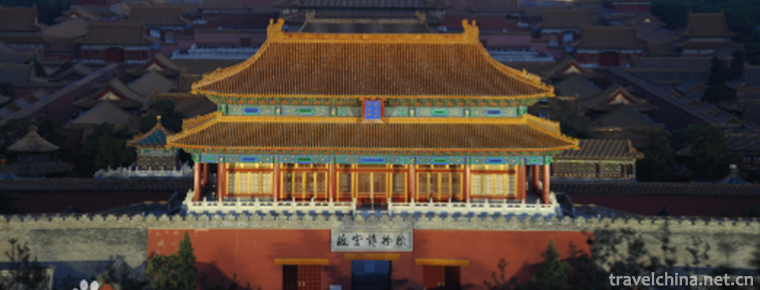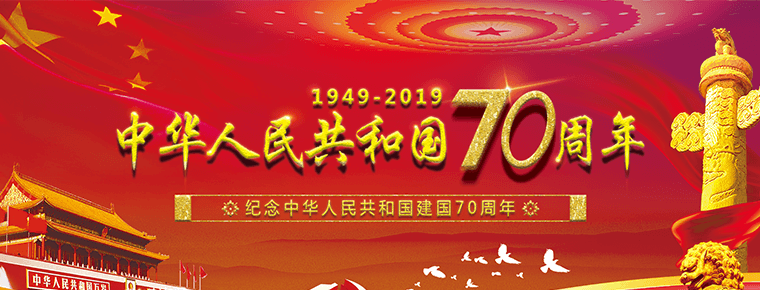Maoshan chant
Maoshan chant
Maoshan chant is a traditional folk song originating in Maoshan area of Xinghua City, Jiangsu Province. It is a kind of folk song that people in Maoshan use chant form with chant words to stimulate emotions and express their mind.
On May 23, 2011, Maoshan Number was approved by the State Council to be included in the third batch of national intangible cultural heritage list.
historical origin
Xinghua labor slogan originated from the Baili water town of Xinghua, which dates back to the Qin Shihuang era. Qin Shihuang built the Great Wall in order to unify China. Meng Jiangnu sent her cold clothes to the Great Wall to see the peasant laborers'chants of "humming", eliminate fatigue and seek pleasure. Fortunately, when Maoshan natives returned home, they sent home the chants that the migrant workers hummed when they built the Great Wall. For thousands of years, folk songs have been inherited from generation to generation and innovated continuously. Maoshan Chant has emerged as the times require, with strong national characteristics and local charm.
Because Maoshan is located in a remote part of Zeguo, warlords fighting, not affected, the people of Maoshan mainly produce, every production season, the field is still up and down, but never heard of. After the Qiqilugou Bridge Incident, the people of Maoshan area plunged into the anti-Japanese front fire, and the Maoshan chant sank. Until the liberation of Maoshan in 1944, when the people of Maoshan welcomed their participation in the army, the trumpet of Maoshan sounded again in Tiantou and Lane End: "When serving as a soldier, we should be a new fourth army, protecting our country and defending the people".
In 1956, Zhu Xianglin, a town folk singer, went to Beijing with the provincial song and dance troupe to attend the first national music week, and sang in the Zhongnanhai Sea. After that, she won a silver prize at the World Youth Festival and was released as a record. She was received by Chairman Mao and other central leaders. Zhu Xianglin also went to Korea to offer condolences. In 1954, Zhu Xianglin and Maoshan folk singers joined the French Song and Dance Troupe in Shanghai. Maoshan's song and dance troupe has been brilliantly performed up to now. In 1986, Shi Bin, a folk singer, won the first prize in the "Spring of the Field" singer contest of young farmers in the province. In 1997, Maoshan Town held the "Maoshan Chant" Competition, which was reported by the People's Daily and other news media. In 2005, the Maoshan chant sung by Lu Aiqin won the prize of the Jiangsu Water Township Youth Competition. In 2007, on the stage of CCTV's "Happy China Tour, Charming Taizhou", three Maoshan folk singers, such as Lu Aiqin, opened their voices and played Maoshan chant. They performed with famous Taiwanese singer Jay Chou and CCTV host Dong Qing, and won warm applause from the audience. In 2007, he won the silver prize in Jiangsu Province's "New Works of Qunwen" Competition, and then Maoshan Chant took part in the opening ceremony of Watching Home and the Third Jiangsu Cultural Relics Festival, which was highly praised by the provincial leaders. Maoshan Number Entering Campus was well-known. 39 tunes of Maoshan Number were compiled and printed into a book. They were sung among the students of middle and primary schools in Xinghua City, so that Maoshan Number could be handed down from generation to generation. Maoshan Town also holds an annual Maoshan Chant Singing Competition to continuously improve the singing level. The "Maoshan Name" contest held in 1997, People's Daily and other news media, reported on it.
artistic characteristics
As a folk song "Maoshan Chant" has a high artistic taste, it is called a wonderful flower of national music in Jiangsu folk songs. She has formed a unique folk song style of high-low coordination and good singing with a long melody, bright and powerful music rhythm, fast and slow free singing speed and consistent singing form.
From the form of expression of labor, Maoshan chant can be divided into Cheshui chant, seedling-planting chant, weeding chant, shoulder chant, mill chant and bracket chant.
In terms of music structure, it can be divided into long trumpet and short trumpet. According to people's gender and division of labor, there are young and middle-aged men's chants, such as car water chants, shoulder chants, etc., which are characterized by rough, bold and vigorous, and young and middle-aged women's chants, such as seedling planting chants and weed chants, which are crisp, sweet and melodious.
In terms of singing style, Maoshan people are steady in playing chants, strong in pronunciation, clear in pronunciation and flexible, which truly reflects the characteristics of national singing style.
Maoshan chant has different tunes in different farming activities, mostly self-compiled and self-singing. Later, after the processing and embellishment of the literati in Maoshan area, the melody is becoming more and more perfect, and the curtains are becoming more and more abundant. Among them, there are ancient characters who sing loyalty and filial piety, heroic warriors who sing patriotism and cherishing the people, peasants who live happily all the year round, and men and women who express their pure love. Every busy season, the fields in Maoshan area are full of chants and laughter.
Representative works
From 1953 to 1959, singers who played better Maoshan trumpets often went to Shanghai and Nanjing to participate in folk song performances and competitions. Zhu Xianglin, a famous singer in Maoshan, once accompanied Jiangsu Song and Dance Troupe to visit the Chinese People's Volunteer Army. In Korea, she sang the Maoshan chant "Sino-Korean Jointly Defeat American Ambition Wolf", which was warmly praised by the instructors and soldiers.
In September 1956, Zhu Xianglin accompanied Jiangsu Song and Dance Troupe to attend the National Concert Week in Beijing, and sang "Liang Shanbo and Zhu Yingtai" and other "Maoshan Chant" in Zhongnanhai. Her melodious singing was released as a record.
Inheritance significance
Maoshan's slogan conveys feelings and ideals and serves for the revolutionary struggle before liberation; serves for major historical events after liberation, land reform, cooperation and great leap forward; since the reform and opening up, it pays special attention to eulogizing the rapid economic development and the new life of peasants. The specific singing method is to lead the singing by one person, and everyone should be in harmony. The exciting singing and the rhythm of labor blend harmoniously, and the local voice and people's simple feelings and desires converge, which can regulate emotions and increase motivation.

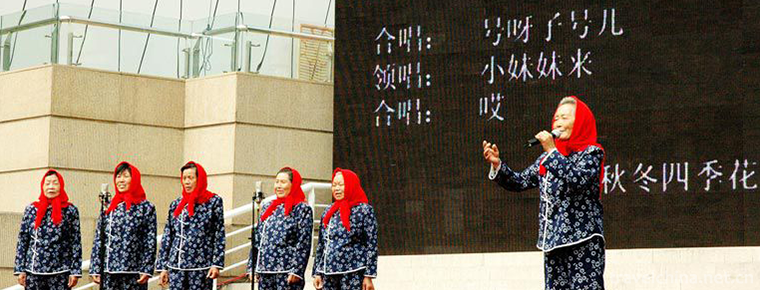
-
Wuhou Temple in Chengdu
Martial Marquis Memorial Temple,Chegdu city,Sichuan Province.
Views: 213 Time 2018-09-29 -
Five city tea driedWucheng Dried Tea
Wucheng Dried Tea, a specialty of Xiuning County, Anhui Province, is a national geographical indication product..
Views: 127 Time 2018-11-27 -
White Swan Hotel Guangzhou
The White Swan Hotel is located in Baigetan, Shamian, Guangzhou. It was built by Mr. Huo Yingdong and the Guangdong Provincial Government. It opened in 1983 and is the first five-star hotel in China t.
Views: 205 Time 2018-12-16 -
Fish Swallow in Bazhen Fresh Soup
Ingredients: Six or two fish swallows are served well. Lentinus edodes, crab willow, Jinhua ham, clam, shrimp.
Views: 200 Time 2019-03-27 -
Sichuan Opera
Sichuan Opera, commonly known as Sichuan Opera, is mainly popular in the Han nationality areas of Sichuan, Chongqing, Yunnan and Guizhou provinces in southwestern China.
Views: 181 Time 2019-04-19 -
Donghe Opera
Donghe Opera, one of the national intangible cultural heritage, is a traditional drama in Donghe area of Ganzhou City, Jiangxi Province..
Views: 176 Time 2019-04-27 -
Construction Skills of Official Ancient Architecture
In the process of construction and maintenance of the Palace Museum ancient buildings, a complete set of traditional palace building construction techniques with strict shape has been formed on the ba.
Views: 296 Time 2019-05-01 -
The 70th Anniversary of the Founding of New China
On January 11, 2019, the Third Plenary Session of the 19th Central Discipline Inspection Committee of the Communist Party of China opened in Beijing. Xi Jinping, General Secretary of the CPC Central.
Views: 601 Time 2019-05-04 -
North China Electric Power University
North China Electric Power University is a national key university directly under the Ministry of Education. It is a key construction University of "211 Project" and "985 Project Advant.
Views: 245 Time 2019-09-22 -
Baoguang Temple
Baoguang temple is located in Xindu District, Chengdu City, Sichuan Province, China. It is one of the Buddhist temples with a long history, large scale, complete structure and quiet environment..
Views: 114 Time 2020-11-05 -
Huanglongxi ancient town
According to the annals of Renshou County, the ancient name of Huanglong river is Chishui. According to the annals of Renshou County, Chishui River confluences with Jinjiang River. The water is brown and the river is clear..
Views: 180 Time 2020-11-06 -
Cultural undertakings in Panzhihua
As of the end of 2018, Panzhihua has 3 museums and exhibition halls; 50 cultural (Art) museums, including 44 cultural stations and 8 theatres and cinemas; and 6 public libraries, with a total collection of 990800 books. There are 43 Township radio and television stations and.
Views: 245 Time 2020-12-14
